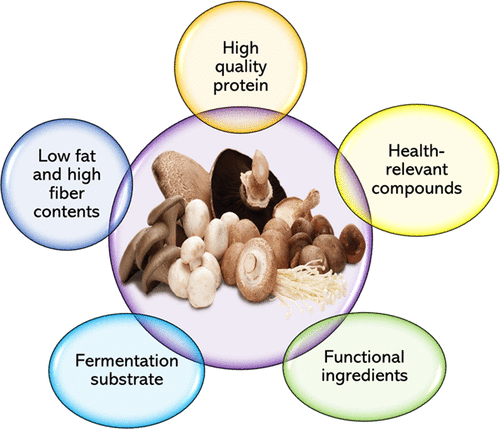Cannabis, Magic Mushrooms, Psilocybin
Are Mushroom Blends More Effective Than Single-Strain Supplements?
f you’re exploring the benefits of functional mushrooms, you’ve likely come across two common options:
🟤 Single-strain supplements (like just Lion’s Mane)
🟠 Mushroom blends (like Lion’s Mane + Reishi + Cordyceps + more)
So, which is more effective? The truth is: it depends on your goal, the quality of the product, and how it’s formulated. Let’s compare the two to help you decide what’s best for you.
🍄 What Are Mushroom Blends?
Mushroom blends combine multiple functional mushrooms into one formula — often aiming to provide a broad range of health benefits such as:
- Focus and cognitive support (Lion’s Mane)
- Immune enhancement (Turkey Tail, Chaga)
- Energy and stamina (Cordyceps)
- Stress reduction and sleep support (Reishi)
These formulas are typically found in capsules, powders, or drink mixes, often marketed for daily wellness or full-body support.
💊 What Are Single-Strain Supplements?
Single-strain mushroom supplements focus on just one type of functional mushroom. They’re ideal for those who have a specific need — such as:
- Lion’s Mane for memory and mental clarity
- Reishi for sleep and stress relief
- Cordyceps for athletic performance
- Turkey Tail for immune system balance
These products are often higher in potency per mushroom and allow for more precise, targeted use.
✅ Benefits of Mushroom Blends
| ✅ Pros | 🔍 Explanation |
|---|---|
| Broad health benefits | Covers immune, brain, energy, and stress all in one |
| Convenient | Great for general wellness — one scoop or capsule |
| Synergistic support | Mushrooms may enhance each other’s effects |
| Beginner-friendly | Lets you try multiple mushrooms at once |
❌ Drawbacks of Mushroom Blends
| ❌ Cons | 🔍 Explanation |
|---|---|
| Lower dosage per mushroom | You may not get enough of any one mushroom |
| Proprietary blends | Brands may hide ingredient amounts |
| Less targeted | Not ideal for specific concerns (like anxiety or memory) |
✅ Benefits of Single-Strain Supplements
| ✅ Pros | 🔍 Explanation |
|---|---|
| Targeted benefits | Focus on one issue, like sleep, energy, or cognition |
| Higher potency | Easier to reach clinically supported doses |
| Easier to track effects | Know exactly what’s working (or not) |
| Stackable | Can combine with other targeted supplements |
❌ Drawbacks of Single-Strain Supplements
| ❌ Cons | 🔍 Explanation |
|---|---|
| Less comprehensive | Doesn’t offer full-spectrum support |
| Requires more planning | Need to choose, stack, or rotate mushrooms yourself |
| May cost more overall | Buying multiple mushrooms separately can add up |
🧠 When to Choose a Blend vs. a Single Mushroom
| Your Goal | Best Choice |
|---|---|
| Daily wellness & immune support | Mushroom blend |
| Specific health focus (e.g., anxiety, sleep, brain fog) | Single-strain |
| Beginner exploring mushroom supplements | Blend |
| Managing a chronic issue or health protocol | Single-strain |
| Cost-effective all-in-one routine | Blend (high quality) |
| Personalized biohacking stack | Single-strain |
🔍 Key Tip: Quality Matters More Than Quantity
Regardless of whether you choose a blend or a single mushroom, make sure the product is:
- ✅ Made from fruiting body (not just mycelium on grain)
- ✅ Clearly labeled with beta-glucan content (20%+ is ideal)
- ✅ Properly extracted (hot water or dual extraction)
- ✅ Transparent about doses per mushroom
- ✅ Third-party tested and ideally organic
🚫 Avoid blends with vague “mushroom complex” or “proprietary blend” labels that don’t disclose dosages.
✅ Final Verdict
Mushroom blends are best for general wellness, convenience, and all-around support.
Single-strain supplements are ideal for specific health needs, therapeutic doses, and custom protocols.
👉 For many people, the best approach is a combination:
Start with a high-quality daily blend, and layer in targeted single mushrooms based on your current health goals.

